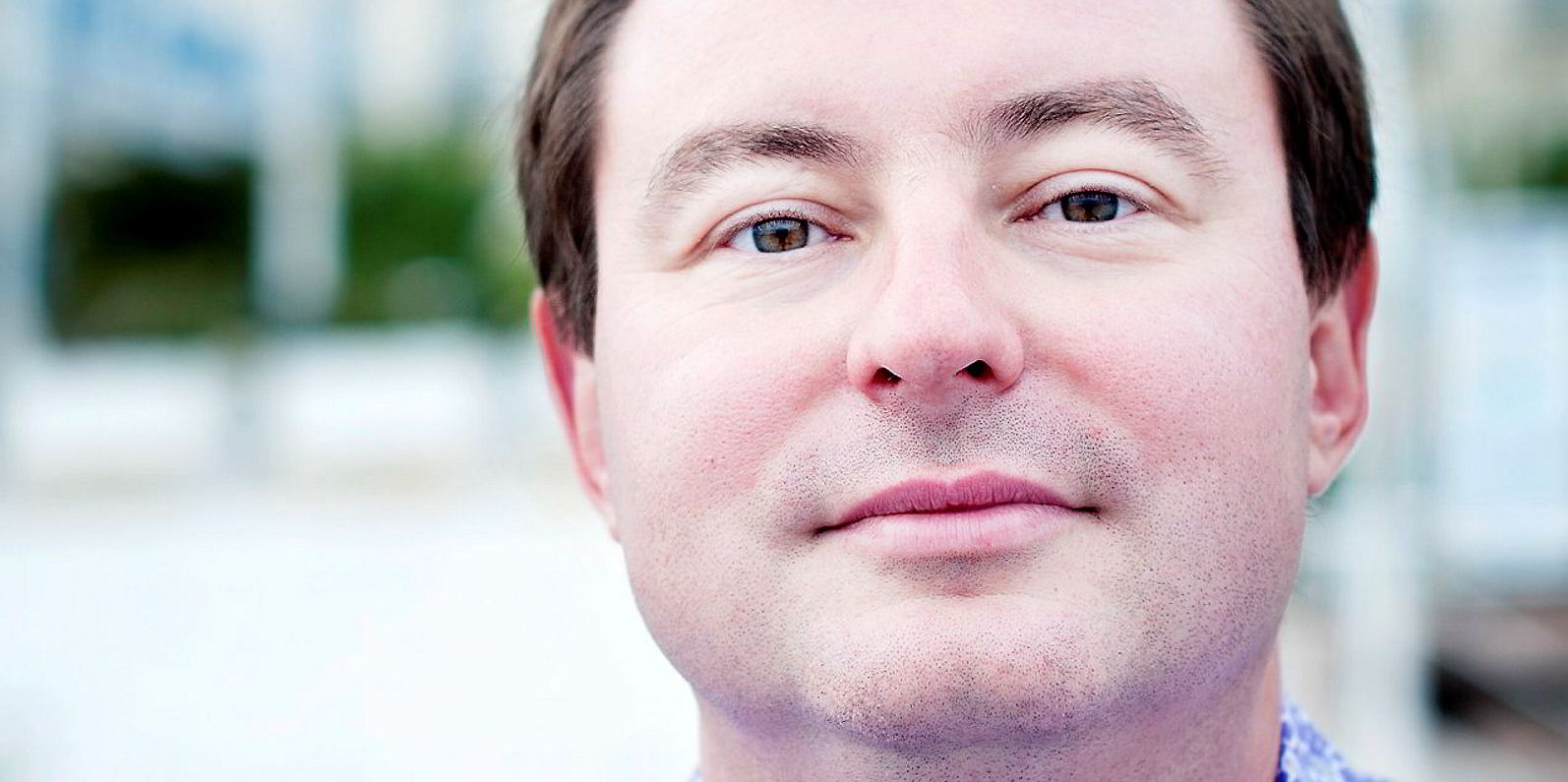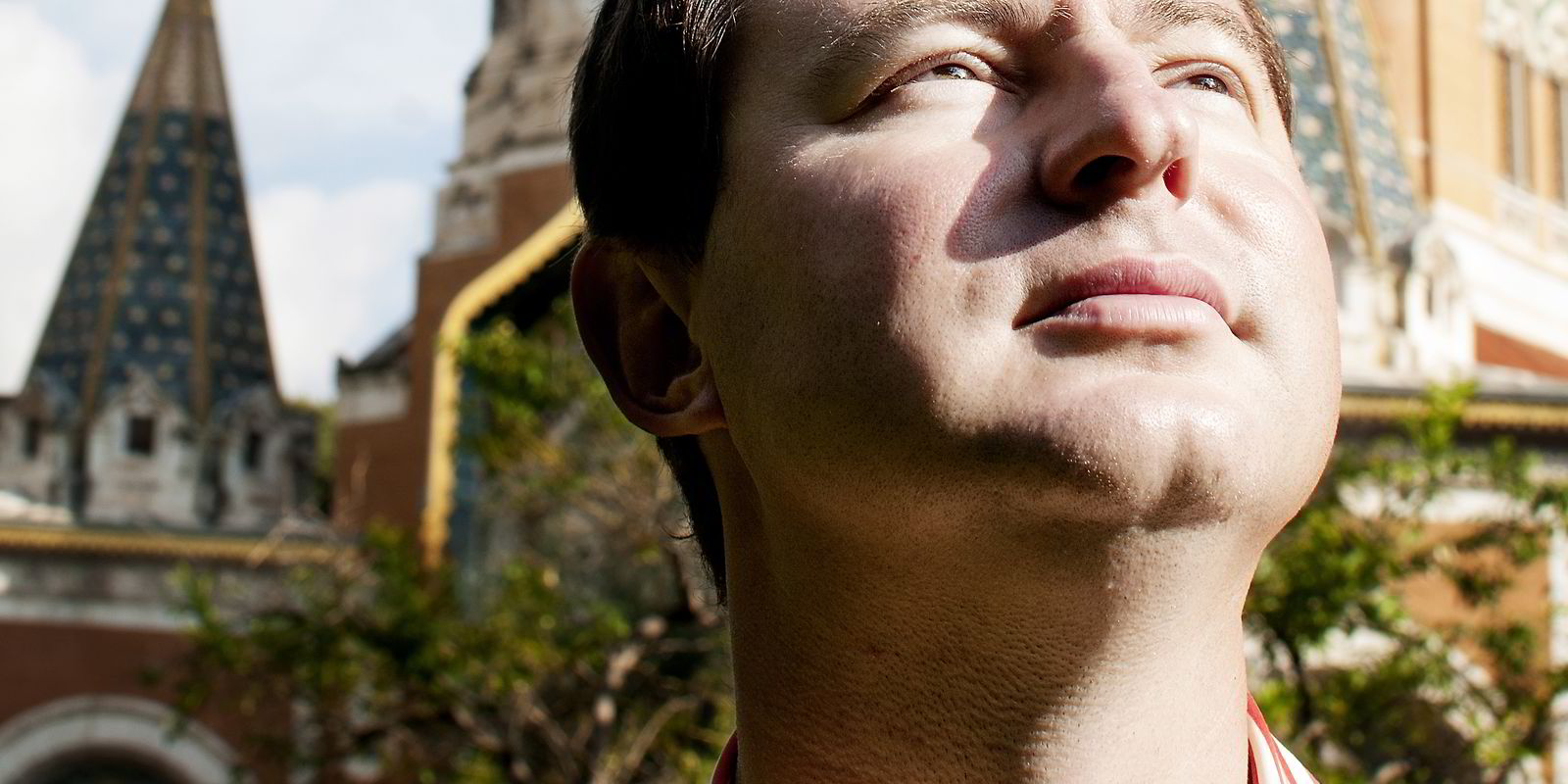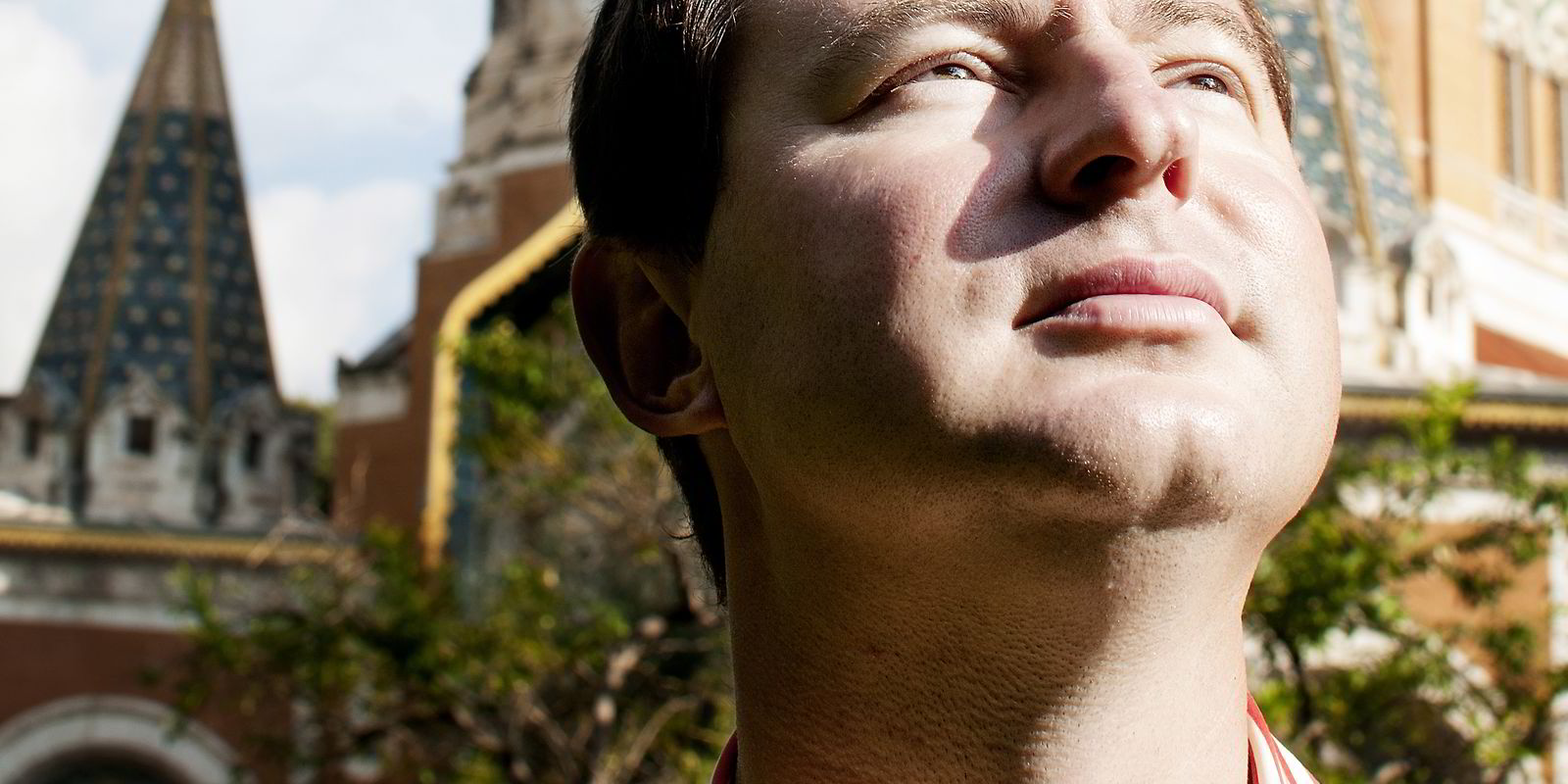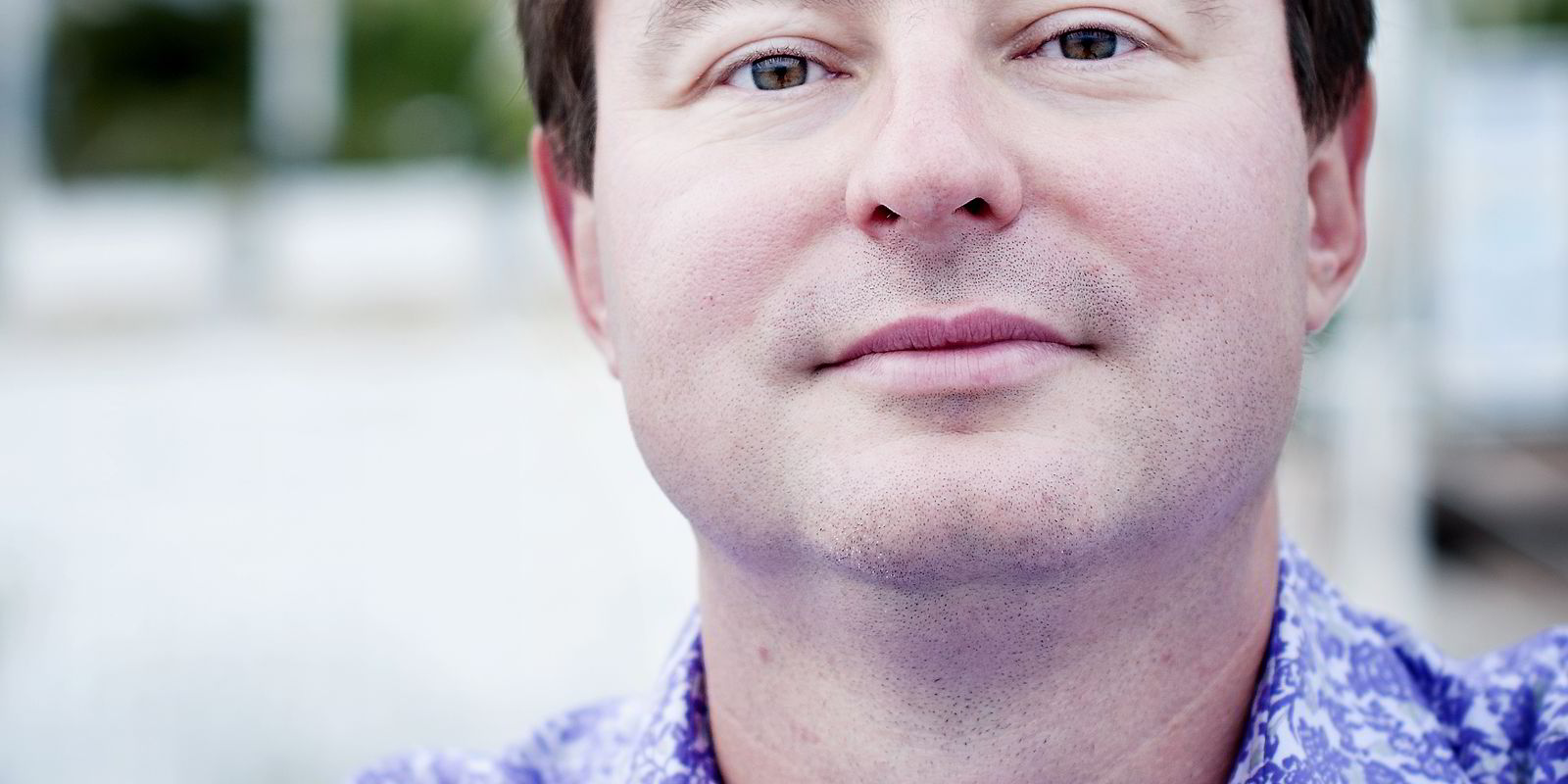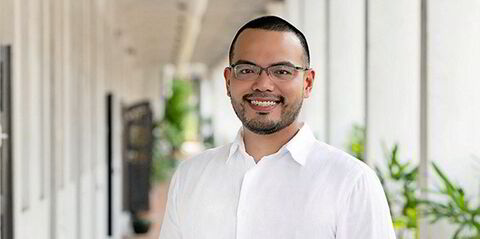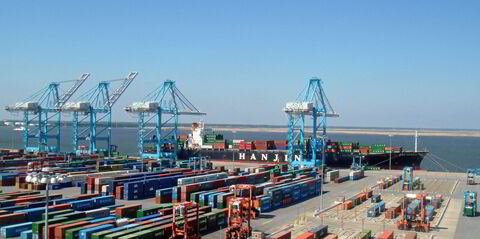Exiled Oslo Marine Group (OMG) owner Vitaly Arkhangelsky has lost a protracted legal battle against Bank St Petersburg (BSP) over defaults on personal loan guarantees worth $90m.
Nearly two years after the 46-day trial ended in the UK high court, Justice Robert Hildyard delivered a judgement allowing the lender to recover its money and dismissing "ultimate chancer" Arkhangelsky's $500m counterclaim that BSP illegally appropriated OMG's assets in 2009.
But the judge pointed to misgivings that the full truth had not emerged and refused to brand the Russian businessman's claims as pure fiction.
The ruling also dismissed claims against his wife Julia Arkhangelskaya.
Arkhangelsky had been fighting to regain control of Scandinavian Insurance and two St Petersburg terminals seized by the bank in the long-running legal dispute.
He later fled to Nice in the south of France.
The shipping and insurance entrepreneur, whom Russia had twice sought to have extradited from France on fraud charges, argued that he was the victim of political persecution by authorities.
OMG also included Vyborg Shipping — a firm that bareboat chartered three general cargoships to move timber, and had plans to fix seven more vessels and order a fleet of 10 newbuildings.
However, BSP took over OMG’s port assets under repossession (repo) and loan-guarantee contracts secured in December 2008 after extended loans to develop various businesses within the group came to term unpaid during the continuing financial crisis.
BSP then sold the terminals at relatively low prices in auctions over the second half of 2009.
"Buccaneer" signed documents
Arkhangelsky claims the terminals were sold to companies linked to the bank’s senior managers after the bank defaulted on a six-month moratorium on loans. He also alleges he did not agree to several of the repo deals, or that they were forged.
But Hildyard ruled he had signed the documents and added that his general impression of Dr Arkhangelsky was as a buccaneer, the "ultimate chancer" as BSP put it, whose confidence in his own abilities and determination to succeed caused him to take on risks that he did not contemplate would eventuate.
Hildyard added: "Further, he is not a man for painstaking detail or care: it would be quite in character for him to have either signed the relevant documents without regard to their effect if the worst transpired, since he would have regarded that as remote, or even without regard to their content, so long as the immediate objective of bank lending was secured."
Summing up an "awkward case", Hildyard said the bank's argument is that the cash it lent was not applied in the development of the businesses of the OMG companies which had very little value, and that it was in the position of trying to save something from a wreckage.
The bank contends that the notion of a dishonest raiding scheme by it is fanciful and assumes a pre-determined sequence which would have been impossible to direct and is far from the truth.
BSP viewed the defendant as presiding over a financial pyramid and said OMG companies were vehicles for borrowing huge sums against grossly overvalued assets.
Akhangelsky claimed the bank acted in breach of terms agreed for the rescheduling of the loans, and was not entitled to make demand under the personal guarantees.
He also alleged that the bank, “with the assistance of corrupt officials or courts”, took advantage of OMG’s undisputed difficulties in late 2008 and engineered and implemented a ‘raid’, the features of which fit precisely into one of the classic schemes for raiding distressed businesses identified in a report in 2011 by the National Anti-Corruption Committee, a body which investigates suspect practices in the Russian Federation.
Declarations of relief refused
BSP had asked for court declarations that it was not involved in a conspiracy to seize ownership of OMG assets and that it had not committed the torts of deceit or intimidation.
Hildyard said that the bank disparaged and sought to dismiss the counterclaim as “one of the most remarkable fictions to come before the English Court”.
But he added: "I have found the matter to be much more finely balanced. That is so even though I have found Dr Arkhangelsky to have been, in several instances, dishonest.
"Indeed, in considering whether to grant the declarations sought, I think it is relevant that I have, throughout the case, before, during and after the hearing, harboured a nagging and discomfiting feeling that the evidence by which alone the case is to be decided may not have revealed the whole truth; and that the very different conditions in Russia may mean that what seems improbable, or at least not probable, looked at through the lens of a different jurisdiction accustomed to different conditions, may yet have occurred.
"The counterclaim always faced the difficulty that it relied on proof of the inherently improbable, and a burden of proof that could only be discharged by showing the facts to be incapable of innocent explanation such as to give rise to the inference of the conspiracy or conspiracies pleaded.
"The court can only see through a glass darkly: it can only proceed on the basis of the evidence available to be put before it and determine, either on the basis of findings of fact which it is satisfied are justified by reference to such evidence on the balance of probabilities or, to the extent that it is not satisfied, by reference to where the burden of proof lies."
Ruthless pursuit by BSP
The judge said that, in the war between the parties, all sense of commercial reasonableness was lost on both sides, and in the case of BSP, it "determined to, and did, opportunistically and in some respects ruthlessly, pursue their own commercial objectives without any regard to anything more than formal compliance with their obligations under Russian law, and have personally profited in the result."
He also said there have been numerous examples of state-orchestrated or assisted ‘raids’ in the Russian Federation, of which there are at least disconcerting echoes in this case.
"In short, it should be sufficient for the claimants that, on the evidence before the court and the findings I have made, they have succeeded in their main claims, and the counterclaim has been dismissed. I do not consider that I should go further," he added.
"In particular, and even taking into account Dr Arkhangelsky’s demonstrated dishonesty and the likely difficulty (probably impossibility) of achieving any substantial restitution and vindication by recovery of the considerable costs, I do not consider that justice to the claimants requires the exceptional step of declaratory relief in addition."
